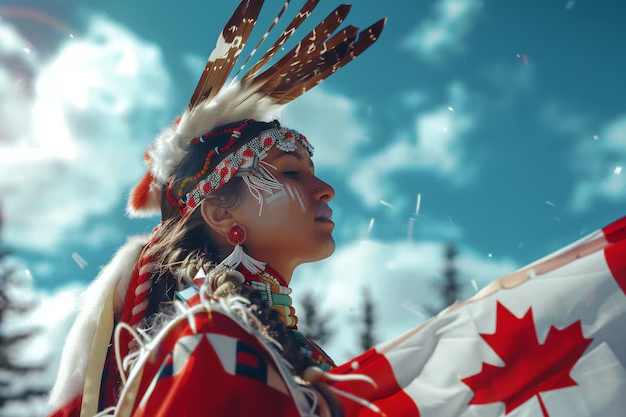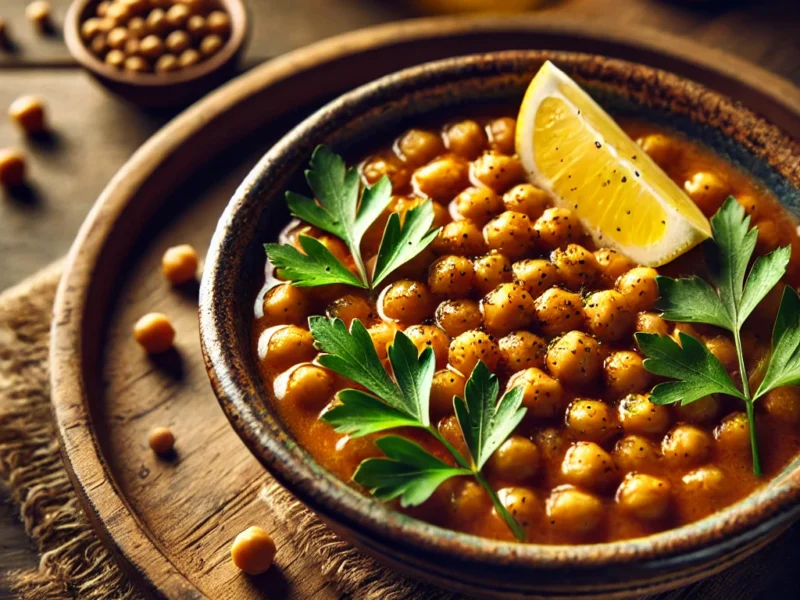Canada is a nation renowned for its breathtaking landscapes and vibrant multiculturalism. canada culture and traditions are a fascinating blend of Indigenous heritage, French and English influences, and customs brought by immigrants from around the world. Dive into this captivating journey and explore the unique aspects that make Canada a cultural mosaic.
Canada Culture And Traditions
Canada is known for its breathtaking landscapes, from snowy mountain peaks to picturesque coastlines. However, what makes Canada truly unique is its people and the rich tapestry of cultures and traditions they bring. From the indigenous peoples who have called this land home for thousands of years to the diverse communities of immigrants, Canada culture and traditions is an exciting blend of heritage and multiculturalism.
Indigenous Roots: The Heart of Canadian Tradition
Before Canada became the nation it is today, it was home to a wide variety of indigenous cultures. These communities—First Nations, Métis, and Inuit—have rich histories, languages, and traditions that still thrive across the country. One of the most vibrant expressions of indigenous culture is the Pow Wow, a social event featuring dancing, singing, and storytelling that brings together communities. Pow Wows serve not only as cultural celebrations but also as an important way to pass down traditions to younger generations.
Indigenous traditions also manifest through symbols like the Inuksuk, stone landmarks traditionally used for navigation and communication. Today, these stone figures serve as a symbol of resilience and continuity, reminding Canadians of the country’s deep-rooted connection to the land.
A Multicultural Mosaic: Embracing Diversity
Canada is known for its multiculturalism, a value enshrined in its national identity. Immigrants from around the world have made their homes here, contributing to Canada culture and traditions landscape. This blend of cultures is celebrated throughout the year with festivals, cuisine, and community events that showcase Canada’s diversity.
For example, the Caribana Festival in Toronto—North America’s largest Caribbean festival—brings the energy of the Caribbean islands to the streets of Canada. The festival highlights the influence of Black culture traditions on Canadian celebrations, with parades, live music, and dazzling costumes taking center stage.
In Vancouver, Chinese New Year is celebrated with great enthusiasm. This festival features lion dances, firecrackers, and traditional Chinese foods, providing a glimpse into the cultural practices of one of Canada’s largest immigrant groups.
Calgary celebrates Diwali, the Festival of Lights, which brings together the South Asian community to enjoy light displays, cultural performances, and traditional Indian food. In fact, such cultural celebrations often resemble the diverse practices in Arabic culture and traditions, as seen in the unity of different cultural communities across regions.
French and English Heritage: Canada’s Bilingual Identity
While multiculturalism is a defining feature of Canada, the nation’s French and English roots remain a strong foundation of Canadian identity. Quebec, the heart of French-speaking Canada, maintains its unique culture, where traditions like Carnaval de Québec and St. Jean Baptiste Day highlight the province’s vibrant history. These celebrations are full of parades, music, and community spirit, showcasing the pride French Canadians feel in their cultural heritage.
At the same time, English-speaking provinces embrace a variety of customs influenced by both British and American traditions, creating a dynamic balance between Canada’s two official languages and their associated cultures.
National Symbols and Celebrations
Canada’s identity is built around key values and symbols that unite its people. The Maple Leaf is perhaps the most recognizable symbol of Canada, representing the beauty of the country’s natural landscapes. Canadians also take pride in their national sport, hockey, which transcends being just a game—it’s a symbol of teamwork, dedication, and perseverance.
Canada Day, celebrated on July 1, is the biggest national holiday, where Canadians across the country enjoy fireworks, barbecues, and festivities, all in honor of the country’s founding.
Environmental Stewardship: Guardians of Nature
Canadians hold a deep respect for the environment, a value reflected in their traditions and way of life.
Exploring Majestic National Parks
Canada’s vast national parks are sanctuaries for wildlife and offer breathtaking landscapes for outdoor enthusiasts to explore through hiking, camping, and wildlife watching.
Frequently Asked Questions
1. How has multiculturalism shaped Canadian culture and Tradition?
Multiculturalism has allowed Canada to become a vibrant mosaic of cultures, embracing traditions from around the world. This inclusivity enriches the nation’s cultural landscape, promoting understanding, unity, and respect among its diverse population.
2. What are some unique Canadian traditions?
Unique Canadian traditions include celebrating Canada Day, participating in winter festivals like the Carnaval de Québec, indulging in culinary delights like poutine and maple syrup, and embracing outdoor activities that honor the changing seasons.
3. How significant is Indigenous culture in Canada?
Indigenous culture is foundational to Canada’s identity. Indigenous traditions, art, and history are integral to understanding the nation’s heritage and continue to influence contemporary Canadian society profoundly.
4. In what ways do Black and Arabic cultures contribute to Canadian traditions?
Black and Arabic cultures enrich Canada through vibrant music, dynamic festivals, diverse cuisine, and cultural events. These traditions enhance Canada’s multicultural tapestry, fostering cultural exchange, appreciation, and unity.
Conclusion:
Canada culture and traditions reflect the warmth, inclusivity, and diversity of its people. From indigenous ceremonies to multicultural festivals and national symbols, every aspect of Canadian culture is a testament to the country’s rich heritage. Whether you’re visiting or a lifelong resident, Canada’s culture offers something unique for everyone, making it a land of celebration, unity, and respect for diversity.



